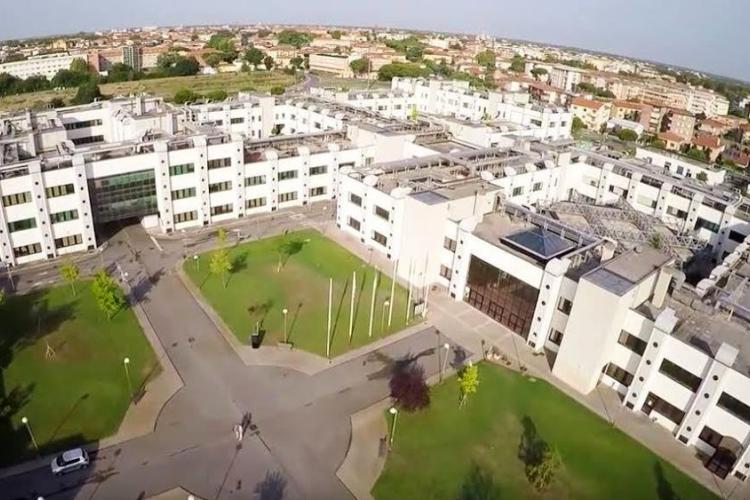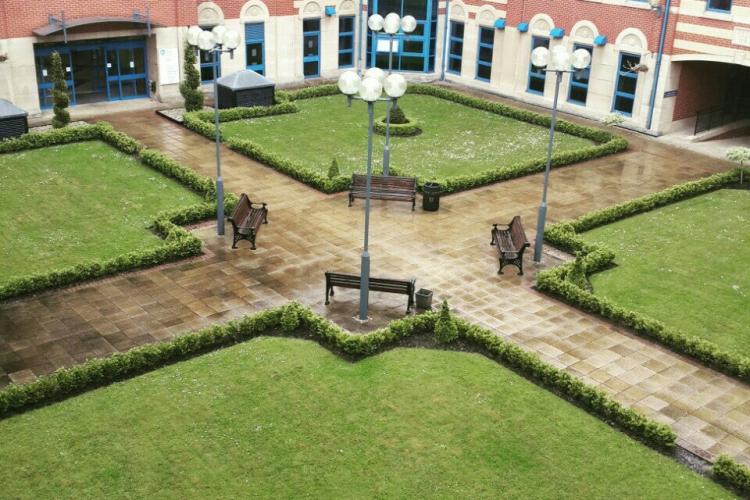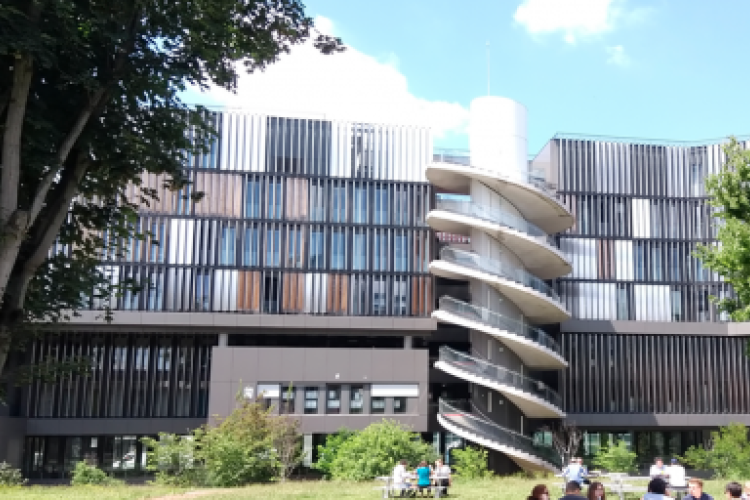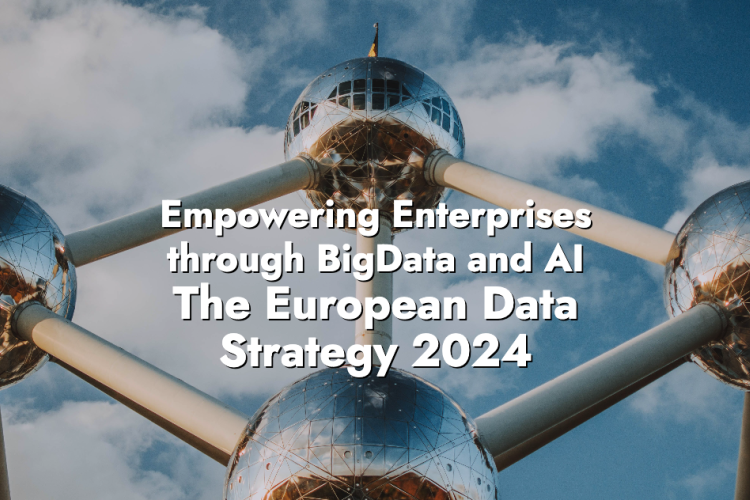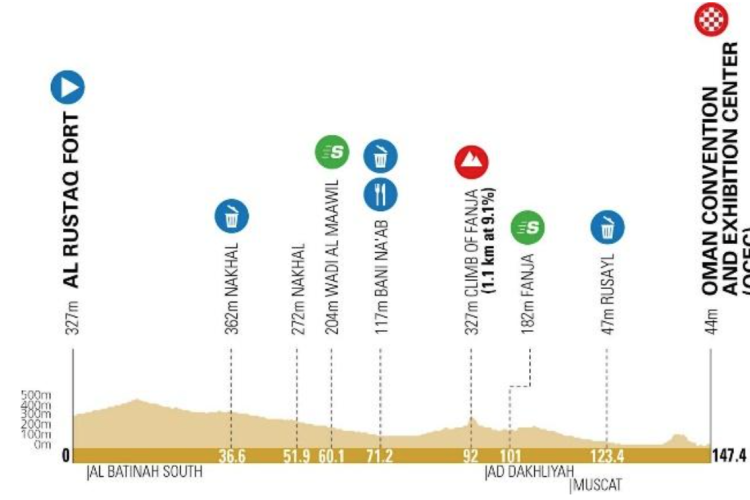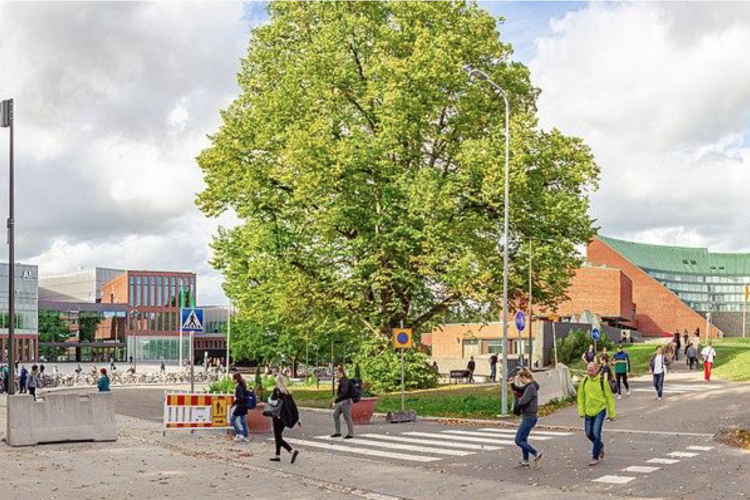Community detection is one of the most studied problems in social network analysis.
Together with Giulio Rossetti and other colleagues from CNR Pisa and KDD-lab, we have worked on this question, notably developing a python library (CDLIB), including more than 50 algorithms taken from the literature.

